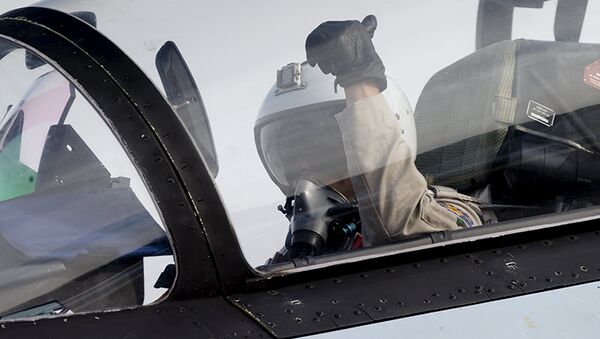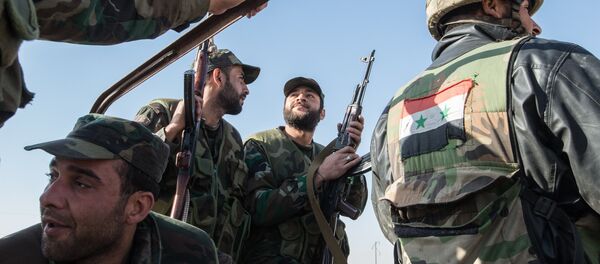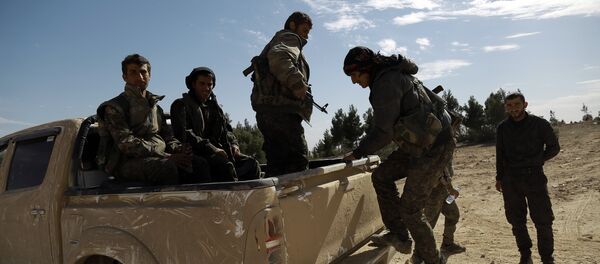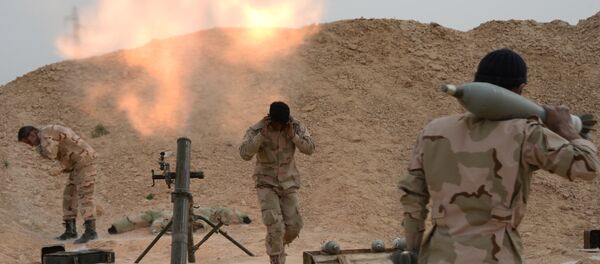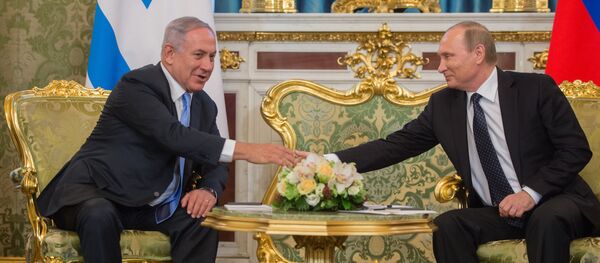It has become commonplace to pin the blame for Washington's foreign strategy failure in the Middle East solely on Barack Obama's "inconsistent" policies. However, such an approach bears no relation to reality, Chas Freeman, a former Assistant Secretary of Defense and US Ambassador to the Kingdom of Saudi Arabia, believes.
"Amidst the imbecilities of our interminably farcical election season, it has proven expedient to blame this on President Obama… But this is nonsense. Our estrangement from the Middle East derives from trends that are much deeper than the manifest deficiencies of executive and congressional leadership in Washington," Ambassador Chas W. Freeman said in a speech delivered at a meeting at the Center for the National Interest on June 9 and shared on his blog.
The former ambassador highlighted at least eight of Washington's foreign policy mistakes that led to undesirable consequences ranging from "the failure to translate [the US'] military triumph over Saddam's Iraq in 1991 into a peace with Baghdad" to "the adoption of a commitment to maintain a 'qualitative military edge' for Israel" following the 1973 Yom Kippur War.
"Blunder number eight," Freeman continued, "has been basing US policies toward the Middle East on deductive reasoning grounded in ideological fantasies and politically convenient narratives rather than on inductive reasoning and reality-based analysis."
"This has enabled multiple policy errors based on wishful thinking, selective listening and mirror-imaging," Freeman underscored, warning that "dealing with the Middle East as we prefer to imagine it rather than as it is doesn't work."
Predictably, the current state of affairs in the Middle East became the focus of Ambassador Freeman's attention.
Referring to the fact that "military campaign plans that aim at no defined political end state are violence for the sake of violence," Freeman pointed out that the pre-Tora Bora phase of the US' Afghani campaign and the Russian Air Force's military operation in Syria are shining examples of how limited interventions should be managed.
"The Russian campaign had clear political objectives, which it stuck to," Ambassador Freeman emphasized.
Russia has also strengthened its geopolitical alliance with Iran, retrained and re-equipped the Syrian government forces, and put Islamist factions on the defensive gaining the ground in the region.
"The campaign reduced and partially contained the growing Islamist threat to Russian domestic tranquility, while affirming Russia's importance as a partner in combating terrorism," Freeman underscored.
According to the former ambassador, Washington needs to work not only with its European allies and partners in the Middle East, but also with Russia "to attack the problems that are generating terrorism."
In that sense Freeman echoes Professor Stephen F. Cohen who has repeatedly stated that "the road to American national security still runs through Moscow."
"I've been arguing since the 1990s that the road to American national security still runs through Moscow," Professor Cohen, professor emeritus of Russian studies at New York University and Princeton University, noted in one of his interviews on the John Batchelor Show.
Israeli Prime Minister Netanyahu's latest visit to Moscow amid the US-led anti-Russian sanctions has clearly indicated that Israel regards Russia as its partner.
"Russia today is a world power and its relations with Israel are only growing stronger and deeper," the Jerusalem Post wrote on June 5 citing Netanyahu.
"You can hardly blame the Israeli government for looking north to the Russian Federation for a partnership with the new sheriff in town," Washington Times columnist L. Todd Wood remarked, commenting on the issue.
Ambassador Freeman believes that the US' foreign policy strategy should be reconsidered. Otherwise, "history will not excuse" Washington for "doing more of the same and expecting different results."
